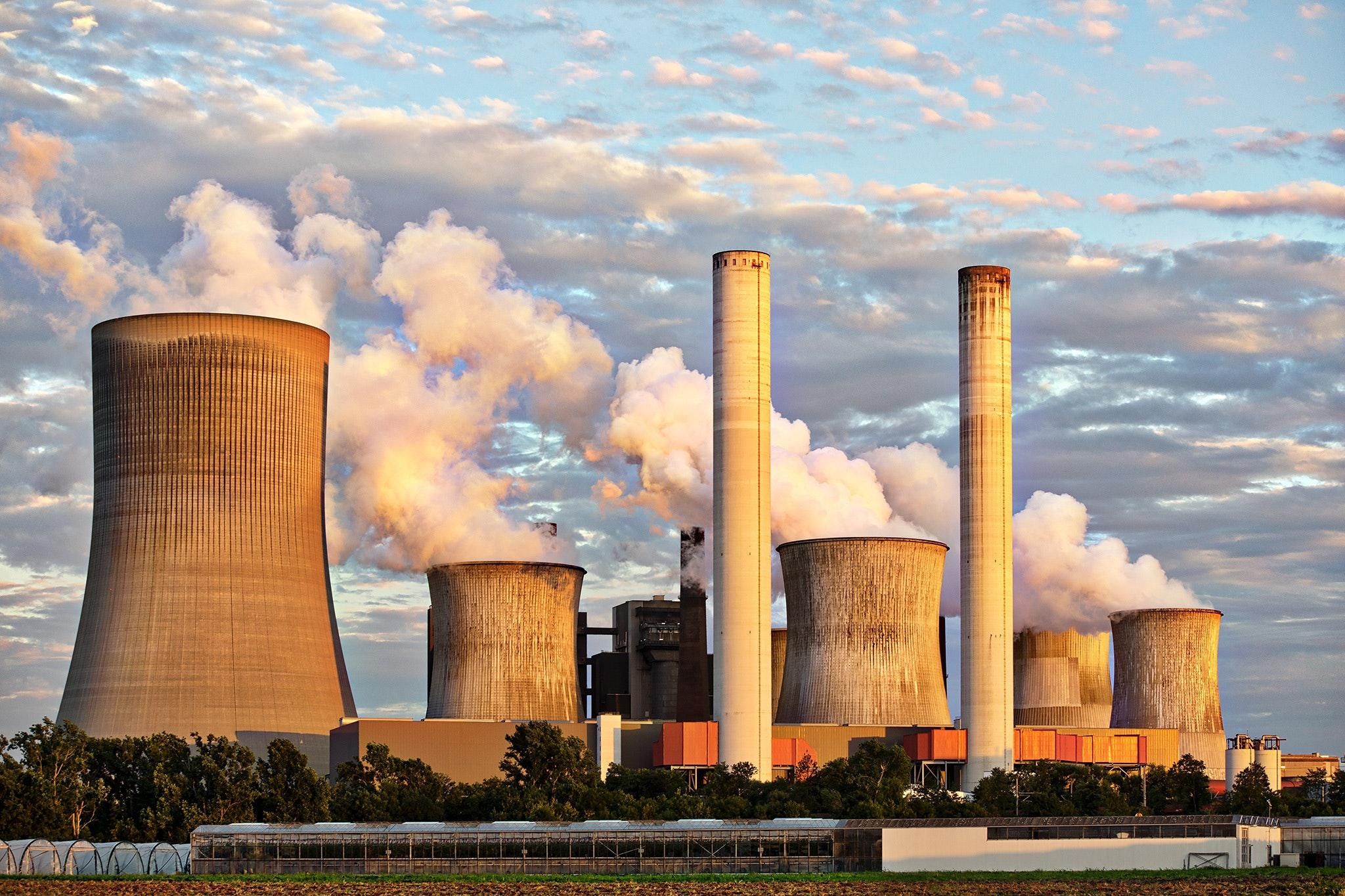The COVID-19 pandemic is still the world's main health concern, but it's not the only crisis that demands action. Global pollution is another life-threatening problem that gets worse each year. People need to learn more about the facts behind this ongoing health crisis to discover which solutions are the most effective.
You might make lifestyle changes to live more sustainably, but is that enough to combat global pollution?
1. Airborne Pollution Threatens Everyone
When people imagine pollution, they likely picture an island of garbage in the ocean or using too much electricity. Although those are problems as well, airborne pollution is much more pervasive.
Burning fossil fuels for energy production and transportation creates particulate pollution. One study found that between 2012 and 2018, particulate matter caused 8.7 million premature deaths — adding up to one in five people dying of air pollution.
Researchers in a different global pollution study discovered that, in 2018, air pollution was responsible for 18 percent of deaths and was twice as high as experts previously estimated. Even when particulate matter isn't visible smog, it's still infecting and killing people faster than ever expected.
2. Clean-Air Initiatives Are Essential
Global problems require global solutions. Local and national governments must tackle this health crisis through innovative initiatives and lawsuits. The massive corporations and industries causing airborne pollution won't make necessary changes unless influential people hold them accountable.
Citywide pollutants in Chicago are a local example of this. The airborne particles decrease property values for homeowners, keeping them from economic prosperity and trapping them where their health stays at risk. Lawsuits requiring change and compensation are more effective than those homeowners turning off their lamps or installing solar panels.
The public pressure forces city officials to identify pollution sources and remedy them with lasting green solutions. People can also vocalize the need for change to their national representatives. When clean-air initiatives become a global expectation, it will permanently reduce or eliminate airborne particulate matter resulting in so many deaths.
3. Individual Action Isn't Enough
Many eco-friendly campaigns encourage individual action to create positive results. Individuals must get on board with reducing global pollution, but it won't be enough without legal oversight and systemic change.
While using less water or avoiding chemical fertilizers is good for the environment, it doesn't make much of a difference with global air pollution. Household energy production accounts for 20 percent of greenhouse gas emissions in the U.S., leaving 80 percent to massive industries and transportation sectors.
If everyone in the U.S. eliminated their carbon emissions, there would still be a national and global air pollution problem. Connecting with representatives is a great way to continue making progress. Those representatives and leaders may already know people involved with international initiatives and could join forces to expand their reach.
The World Health Organization (WHO) has already begun calling attention to airborne pollution problems. They connect leaders and scientists by collaborating with over 50 international agencies and institutions. By creating, funding and publishing studies into this problem, they provide the necessary fuel to fight airborne pollution on the scale it requires.
When movements like the WHO's efforts combine with local policies and personal changes, the world will become a safer place to live long, healthy lives.



















